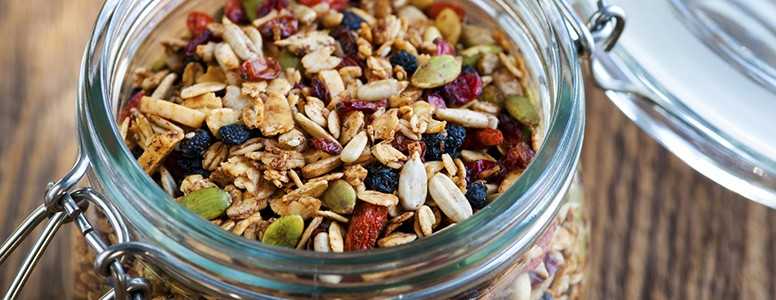Porridge and other sources of dietary fibre are linked to a reduced risk of developing type 2 diabetes, new research suggests.
This link was investigated by researchers, including Dagfinn Aune, a PhD student affiliated with the Norwegian University of Science and Technology and Imperial College London.
They examined data from EPIC-InterAct, the world’s largest study of new-onset type 2 diabetes, which included 12,403 cases of type 2 diabetes. This data was also combined, using a meta-analysis, with 18 other independent studies worldwide.
After participants were divided into groups of lowest to highest fibre intake, their risk of developing type 2 diabetes was assessed over an average follow-up period of 11 years.
Researchers observed that this risk fell by nine per cent for each 10g a day increase in total fibre intake. This fell further to 25 per cent for each 10g a day increased intake of cereal fibre, such as porridge or muesli.
People who consumed the highest levels of cereal and vegetable fibre were 19 and 16 per cent less likely to develop type 2 diabetes. Fruit fibre, however, was not shown to protect against diabetes.
Healthy weight
When BMI was accounted for, total fibre intake did not have this beneficial association with reduced diabetes risk. This finding indicates that dietary fibre may help people maintain a healthy weight that subsequently reduces the risk of type 2.
Aune explained: “All these mechanisms could lead to a lower Body Mass Index and reduced risk of developing type 2 diabetes.
“As well as helping keep weight down, dietary fibre may also affect diabetes risk by other mechanisms – for instance improving control of blood sugar and decreasing insulin peaks after meals, and increasing the body’s sensitivity to insulin.”
The findings from this study were published in Diabetologia.
What's new on the forum? ⭐️
Get our free newsletters
Stay up to date with the latest news, research and breakthroughs.







